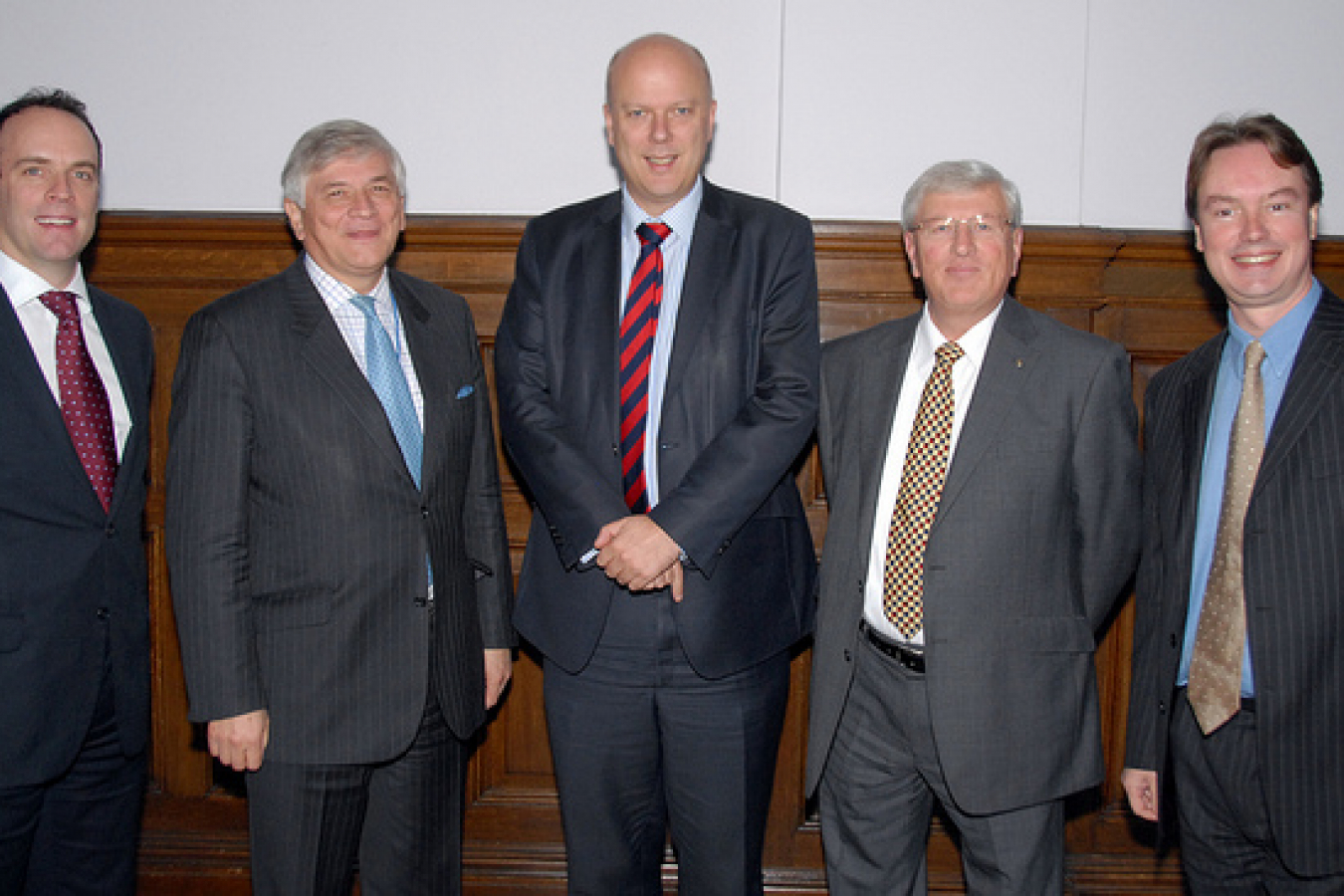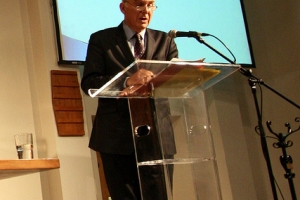Support migrant centric journalism today and donate

The UK's legal establishment has united in condemnation of plans by the government to limit the right of some immigrants to the UK to receive legal aid in immigration cases. The UK's Justice Secretary Chris Grayling, announced plans to bar immigrants from receiving state funded legal assistance until they have lived in the UK legally for twelve months. Among those who would lose the right to legal aid would be 'illegal visa overstayers, clandestine entrants and failed asylum seekers'.
Mr Grayling's plans form part of a series of cuts to his department's budget which have caused concern among the nation's lawyers. The UK's Coalition government is dedicated to cutting billions of pounds from government spending which it believes is now at an unsustainable level. The government is faced with a large budget deficit which it is seeking to reduce.
Mr Grayling has also announced proposals to remove eligibility for legal aid from most UK citizens and to change the system so that defendants in criminal cases will be provided with a state-appointed solicitor rather than choosing their own representative as they do at present. Law firms will bid for contracts to provide services for a geographical area and will then be allotted all cases of defendants born on certain dates or with surnames beginning with certain letters of the alphabet.
Plan leaves immigrants 'unable to bring claims that are crucial to their lives'
But the Civil Justice Council, an advisory board which counts the UK's second most senior judge the Master of the Rolls as a member, has criticised Mr Grayling's proposal to remove legal aid from immigrants. It says that the plan runs counter to 'the fundamental principle of equality before the law' and could leave immigrants 'unable to bring or defend claims that are crucial to their lives'. The CJC goes on to warn that, if the changes are made, this will diminish 'the credibility of the UK's encouragement of the rule of law elsewhere in the world'.But the UK's Ministry of Justice says that there will be safeguards for deserving and vulnerable people. Members of the armed forces will still be entitled to legal aid as will be asylum seekers whose cases have yet to be processed. Mr Grayling is on record as saying that he does not want 'individuals with little or no connection to this country' to be 'able to claim legal aid to bring civil actions at UK taxpayers' expense'.
The head of anti-immigration pressure group Migrationwatch UK, Sir Andrew Green, has said that it is 'extraordinary that the CJC should object to Mr Grayling's plans. He told The Daily Mail, a UK paper, that 'the argument seems to be that anyone who sets foot in Britain should immediately qualify for legal aid at the taxpayers' expense'.
Mr Grayling says that there were 8,734 immigration judicial review cases brought in 2011. – Judicial review is a method of challenging the decisions made by public bodies such as the UK's Home Office. He says that of these cases, only 607 got as far as a court hearing and only 31 were successful. He says, therefore, that many of those applications for judicial review were without merit. He argues that the system is being abused by lawyers who apply for judicial review in order to delay the deportation of their clients even when there is no chance that the review will be successful.
Many claims that are withdrawn because UKBA backs down
But writing in The Guardian, another UK newspaper, immigration barrister Julian Norman says that just because a case does not result in a successful legal ruling, it does not mean it is without merit. Ms Norman says that on one occasion her client's claim was being processed when she received word that the UK Border Agency (the UKBA) was intending to deport him illegally. She said 'Telephone calls to UKBA yielded no result, so judicial review was the only answer. Immediately the JR was lodged, he was released with a muttered apology'.Ms Norman reports that, a few weeks later, UKBA attempted to deport her client illegally again. Again, unable to make the UK, respond in any other way, she launched another Judicial Review before the UKBA again agreed not to deport him.
She says 'Those cases were technically among those Grayling regards as meritless, because they did not get as far as being granted permission. UKBA could have fought us and we would have won – but isn't it better that they do concede at the earliest opportunity?'
She adds 'These are the types of cases which immigration solicitors and barristers deal with on a daily basis. A combination of over-legislation and under-staffing at UKBA [has created] a toxic mix'.
Workpermit.com is a specialist visa consultancy with nearly twenty-five years of experience dealing with visa applications. We are OISC registered. We can help with a wide range of visa applications to the UK or your country of choice. Please feel free to contact us for further details.





















